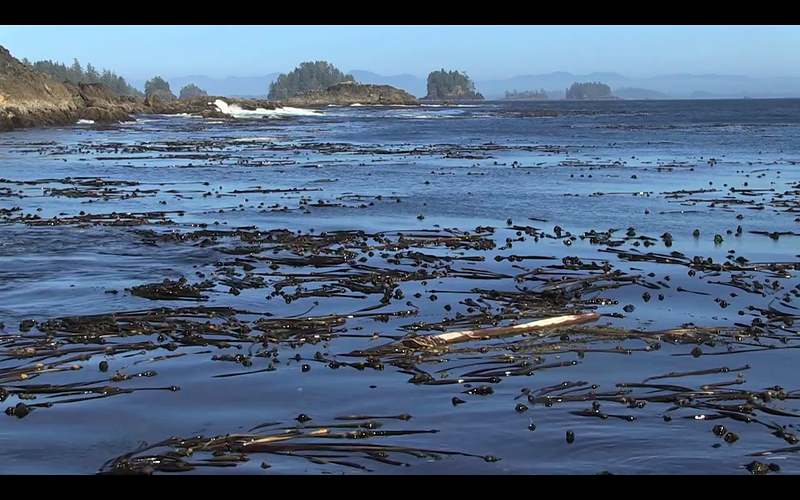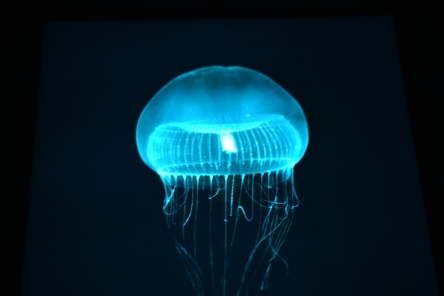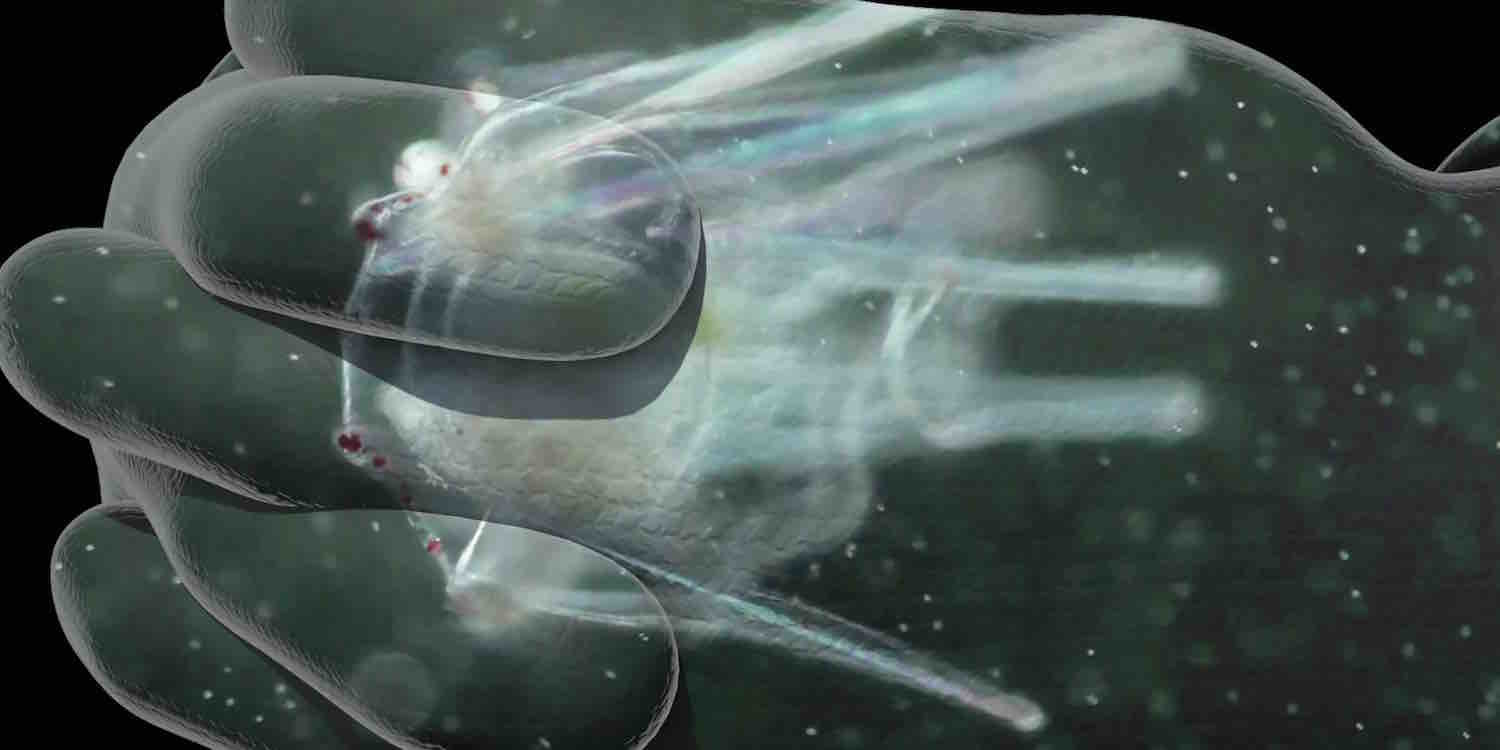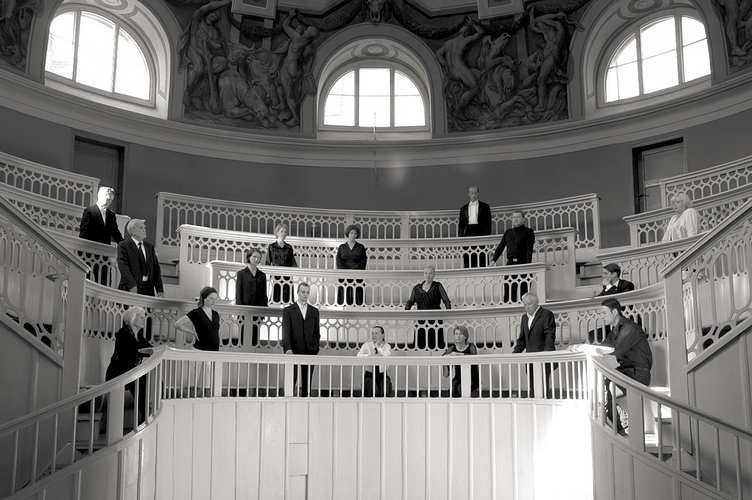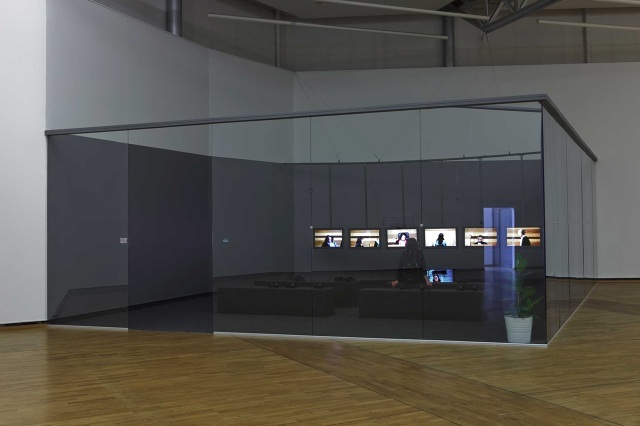Planetary Records: Performing Justice Between Art and Law
Opening Weekend Public Programme / DAI Roaming Assembly #12 at Contour Biennale 8 in Mechelen, Belgium
March 11–12, 2017
DAI’s temporary editorial office: Florencia Almirón, Alaa Abu Asad, Sara Benaglia, Luca Carboni, Clementine Edwards, Sonia Kazovsky, Wayne Lim, Ines Marita Schärer, Isabelle Sully and Wilfred Tomescu. Editor-in-chief: Federica Bueti
The Dutch Art Institute’s Roaming Assembly is pleased to present live coverage of the public program on the occasion of the opening of Contour Biennale 8. The two-day symposium will include presentations, talks, and performances by Beatriz Santiago Muñoz, Susanne M. Winterling, Susan Schuppli, Elizabeth A. Povinelli; Ana Torfs, Judy Radul, and Sven Lütticken; Aimar Arriola, Buenos Tiempos, Int. (Alberto García del Castillo and Marnie Slater), Grégory Castéra, Carlos Motta, and DAI students; Filipa César and Louis Henderson; Denise Ferreira da Silva; inhabitants; Michel Feher; Wendelien van Oldenborgh, and Rana Hamadeh. With moderation by Natasha Ginwala, Rachel O’Reilly, and Denise Ferreira da Silva.
See the full program and synopsis of each presentation here
*Introduction to Planetary Records: Performing Justice Between Art and Law
As a system of rules constructed and enforced through institutions to regulate behaviour, negotiating legacy relations between particularity and general application, while being maintained through textual and oral interpretation, law is a space of great—if denied—aesthetic deliberation. Justice, quite differently, might be figured as an intractable entanglement of relations, intentions, affectabilities and adjustments between ever-moving, never-global, densely articulated bodies.
The law’s modernization in the colonial epoch consolidated limits for possible relations between justice and law, in its ontological set-up of male persons with base units and rights of property in contractual relation. Engendered and ethnocidally arranged through this fractal abstraction, juridical modernism foreclosed the order of land-based life and literacies. Its decrees of ‘right’ expansion continue to be built upon and innovated, while it secures and distinguishes only particular subjects, objects, and things, into investment-worthy relations.
When artists engage procedures of witnessing, testimonial production and the performativity of the trial, allegories of justice and modes of theatricality surface to haunt the past and present. These spectral zones must constantly be inspected and contested, just as ghosts must be evoked in order to deal with their unfinished legacy. Film and performance are vehicles among many that carve out alter-civilizational images and conceive legibility for eroding matters of injustice. Working from Mechelen, this co-curated programme invites artists, theorists and filmmakers to explicitly unpack the technicity and asymmetrical power of European legal infrastructure. Over two days the program examines artists’ role in challenging normative legal foundations while transforming our understanding of response-ability to double-meanings of law/lore, and tracing the inevitably formal dimensions of present day struggles.
How do ongoing planetary rebellions determined through existing value forms and categorizations, including the racial categorization of “no body / no thing” aim at legal rupture when placed before the courts, without falling into mimetic disfigurements within this very same insufficient order? What does it mean to take an eye or ear to scenes of struggle that reverberate well beyond as well as inside legal institutional terrains? How can artists’ own literacy in post-media conditions—very much at play inside the contemporary law court—make sense of possible realisms against and beyond juridical modernism’s reproduction of capitalism and its increasingly death-driven function?
The artists of Contour Biennale 8, Polyphonic Worlds: Justice as Medium, are connected through their attention to aesthetic contestations of the juridical beyond its present coding, their productive dealings with a planetary regime of impermissible evidence, and their ritualistic as well as counter-analytical engagements with an expanding, expropriated archive. The “record” here is often not data that can be positively marked up or collected in advance, but instead, what is lived while being judged to be outside of proper adjudication. To cultivate flexible imagination around these juridical-aesthetic impasses is to work through the persistent constraining of just realisms, where survival is constantly at stake. Here, justice itself becomes the medium through which we cannot avoid moving through, within and around.
Public Program Schedule:
Saturday, March 11
11:00 Mining for Ringwoodite, screening by inhabitants
11:15 Trace Environments: Sovereignty, toxicity and the littoral
Panel discussion with Beatriz Santiago Muñoz, Susanne M. Winterling, Susan Schuppli, Elizabeth A. Povinelli, introduced and moderated by Natasha Ginwala
13:30 Lunch break
14:30 Performing the Trial: Re-enactment, Ritual, Remediation
Panel discussion with Ana Torfs, Judy Radul, and Sven Lütticken, introduced and moderated by Rachel O’ Reilly
17:00 Council presents The Against Nature Journal
Contributions by Aimar Arriola, Buenos Tiempos, Int. (Alberto García del Castillo and Marnie Slater), Grégory Castéra, Carlos Motta, and DAI students. Design by Julie Peeters
19:30 Refracted Spaces: An Archaeology of Optics
Performance-lecture by Filipa César and Louis Henderson, introduced and moderated by Rachel O’ Reilly
Sunday, March 12
11:00 Compost Archive, by Filipa César and Louis Henderson made for inhabitants
11:15 Notes Toward a Theory of Transformative Justice
Keynote lecture by Denise Ferreira da Silva, introduced and moderated by Natasha Ginwala
13:00 Lunch break
14:00 Hobby Lobby vs. The Allegory of Justice, screening by inhabitants
14:15 Deceptive Authoritarianisms: Between Artificial and Discredited Personhoods
Lecture-presentation and panel discussion with Michel Feher and inhabitants, introduced and moderated by Rachel O’ Reilly
16:30 From Left to Night
Screening by Wendelien van Oldenborgh, introduced by Natasha Ginwala followed by a conversation with Wendelien van Oldenborgh and Denise Ferreira da Silva
18:30 Can You Make a Pet of Him Like a Bird or Put Him on a Leash For Your Girls?
Performance by Rana Hamadeh, introduced by Natasha Ginwala Venue: De Maan Theatre
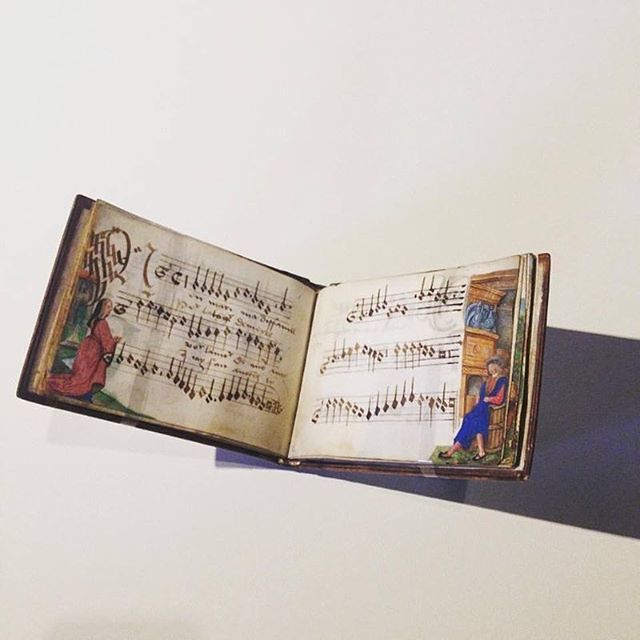
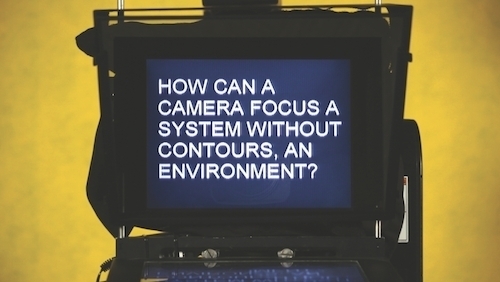

 :
: